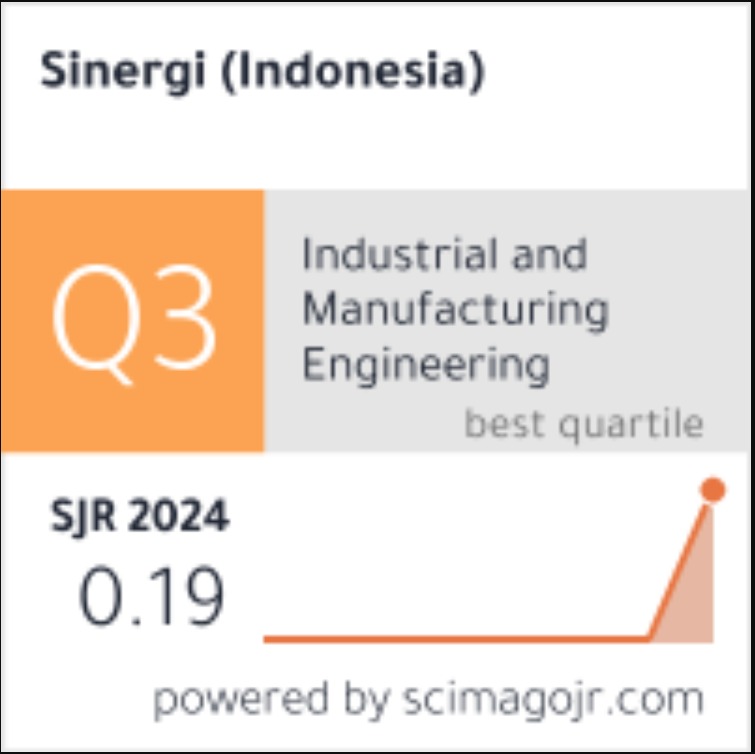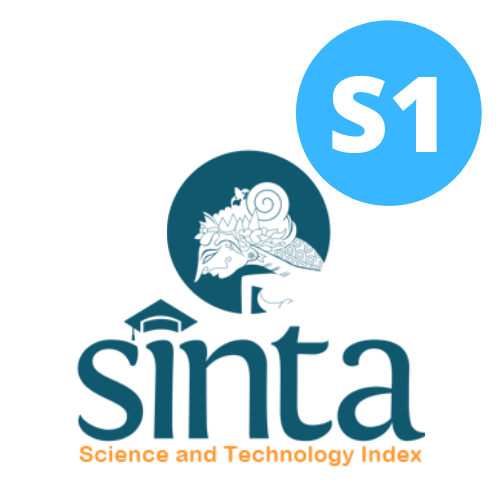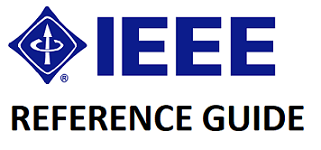REDUCING OVERHEAD OF SELF-STABILIZING BYZANTINE AGREEMENT PROTOCOLS FOR BLOCKCHAIN USING HTTP/3 PROTOCOL: A PERSPECTIVE VIEW
Abstract
Today, there is a tendency to reduce the dependence on local computation in favor of cloud computing. However, this inadvertently increases the reliance upon distributed fault-tolerant systems. In a condition that forced to work together, these systems often need to reach an agreement on some state or task, and possibly even in the presence of some misbehaving Byzantine nodes. Although non-trivial, Byzantine Agreement (BA) protocols now exist that are resilient to these types of faults. However, there is still a risk for inconsistencies in the application state in practice, even if a BA protocol is used. A single transient fault may put a node into an illegal state, creating a need for new self-stabilizing BA protocols to recover from illegal states. As self-stabilization often comes with a cost, primarily in the form of communication overhead, a potential lowering of latency - the cost of each message - could significantly impact how fast the protocol behaves overall. Thereby, there is a need for new network protocols such as QUIC, which, among other things, aims to reduce latency. In this paper, we survey current state-of-the-art agreement protocols. Based on previous work, some researchers try to implement pseudocode like QUIC protocol for Ethereum blockchain to have a secure network, resulting in slightly slower performance than the IP-based blockchain. We focus on consensus in the context of blockchain as it has prompted the development and usage of new open-source BA solutions that are related to proof of stake. We also discuss extensions to some of these protocols, specifically the possibility of achieving self-stabilization and the potential integration of the QUIC protocol, such as PoS and PBFT. Finally, further challenges faced in the field and how they might be overcome are discussed.
Keywords
Full Text:
PDFDOI: http://dx.doi.org/10.22441/sinergi.2021.3.015
Refbacks
- There are currently no refbacks.
SINERGI
Published by:
Fakultas Teknik Universitas Mercu Buana
Jl. Raya Meruya Selatan, Kembangan, Jakarta 11650
Tlp./Fax: +62215871335
p-ISSN: 1410-2331
e-ISSN: 2460-1217
Journal URL: http://publikasi.mercubuana.ac.id/index.php/sinergi
Journal DOI: 10.22441/sinergi
Journal by SINERGI is licensed under a Creative Commons Attribution-ShareAlike 4.0 International License
The Journal is Indexed and Journal List Title by:














